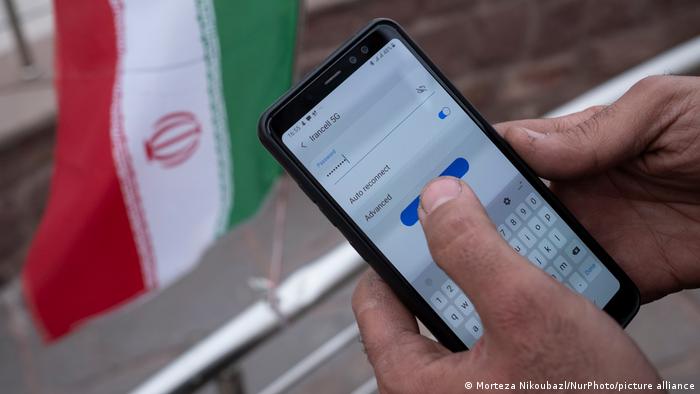The ruling hardliners in Iran have found an alternative after a measure to severely limit access to the Internet in Iran was submitted in the parliament last year and failed to get support.
A hardliner politician named Mohammad Saleh Jokar informed the media on Monday that the Supreme Council of Cyberspace had been given the bill and that nothing could be done about it.
The measure is no longer on the Majles’ agenda, according to Jokar, an IRGC general, who urged other members not to follow the matter anymore since “this is a job done” and “there is nothing to be followed up regarding the case.”
He said, “The bill is now like a dead guy who is buried. What are you searching for now?” in an effort to discourage members from investigating further.
The Siyanat (Protection) plan is a proposed law named “Legislation to Protect Cyberspace Users’ Rights” that was created by ultra-hardliners in June 2021. The Siyanat bill’s general provisions were passed by an ad hoc parliamentary committee in February, which will result in significant limitations on social messaging services and access to the internet in Iran.
Concern over the case’s transfer to the Supreme Council of Cyberspace, which is run under the direction of Supreme Leader Ali Khamenei, has been widely expressed on Iranian social media.
According to Mohammad Keshvari of the council, who was reported by the moderate website Rouydad24, the measure has already been adopted and the relevant executive entities have been properly informed.
The US State Department had earlier criticized Iran for its plans to restrict Internet access and urged the government to “allow its citizens to exercise their right to freedom of expression and to freely access information.” The statement also said that the so-called “User Protection Bill” aims to further restrict Internet access, increasing censorship, and restricting free speech online.

